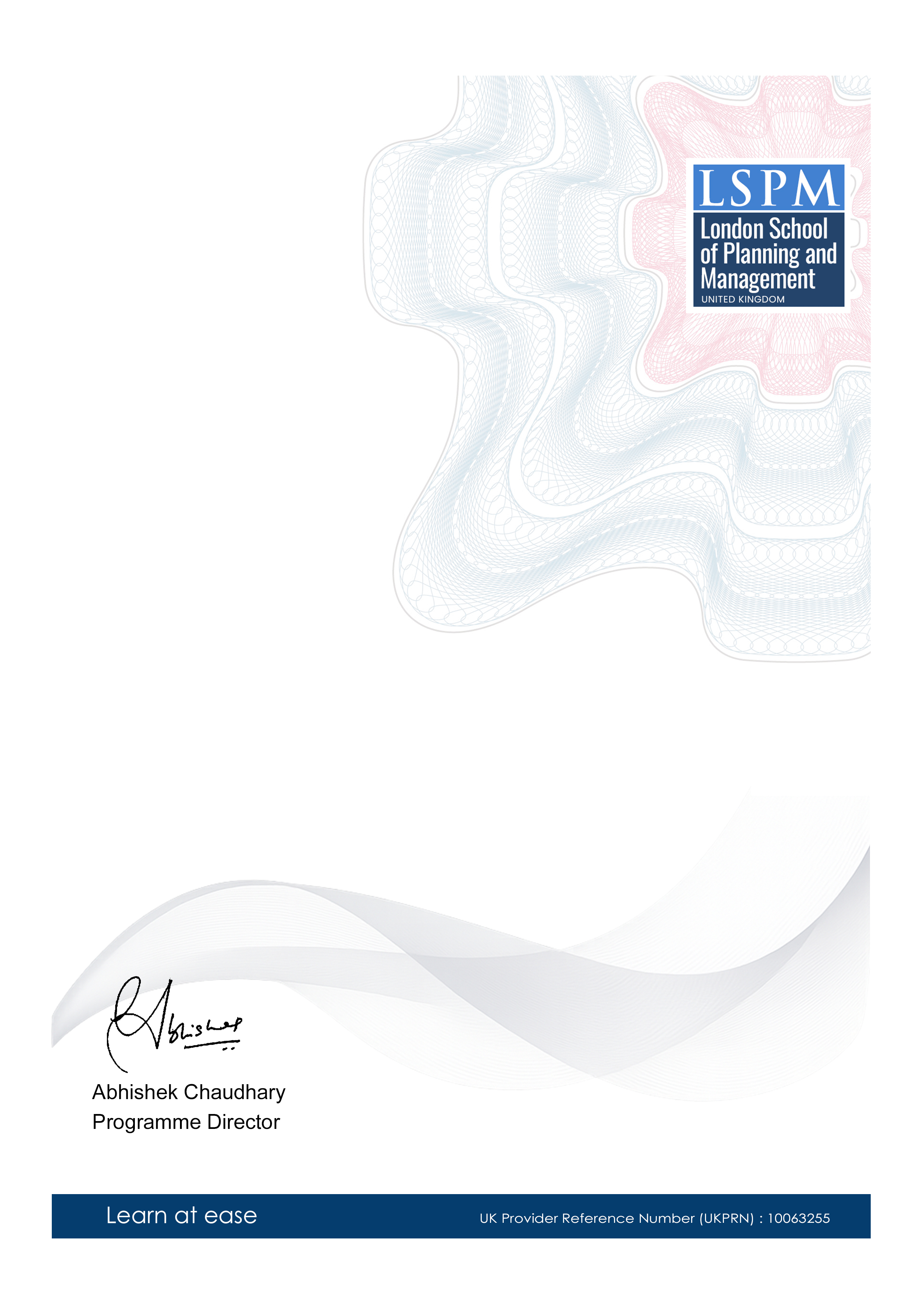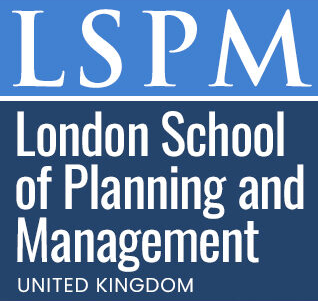Postgraduate Certificate in AI-driven Food Recovery Optimization
-- viewing nowAI-driven Food Recovery Optimization is a postgraduate certificate designed for professionals seeking to enhance their skills in optimizing food recovery processes using artificial intelligence. This program is ideal for those working in the food industry, logistics, or sustainability, who want to stay ahead of the curve in addressing food waste and its environmental impact.
5,895+
Students enrolled
GBP £ 149
GBP £ 215
Save 44% with our special offer
About this course
100% online
Learn from anywhere
Shareable certificate
Add to your LinkedIn profile
2 months to complete
at 2-3 hours a week
Start anytime
No waiting period
Course details
• Unit 1: Introduction to Artificial Intelligence (AI) in Food Recovery
• Unit 2: Data Analytics for Food Waste Reduction
• Unit 3: AI-driven Predictive Models in Food Recovery
• Unit 4: Machine Learning Algorithms in Food Waste Management
• Unit 5: IoT and Sensor Technology in Food Recovery Optimization
• Unit 6: AI-driven Supply Chain Management in Food Industry
• Unit 7: Computer Vision and Image Recognition in Food Recovery
• Unit 8: Natural Language Processing (NLP) and Expert Systems in Food Recovery
• Unit 9: Robotics and Automation in Food Recovery
• Unit 10: Ethical and Social Implications of AI in Food Recovery
Career path
AI Engineers are integral to AI-driven food recovery optimization, developing intelligent systems for reducing food waste and improving efficiency. Their expertise in machine learning and AI algorithms is highly sought after. 2. **Data Scientist (25%)**
Data Scientists work closely with AI Engineers, analyzing vast datasets to optimize food recovery processes. Their proficiency in data analysis, visualization, and machine learning is invaluable in this sector. 3. **Software Developer (20%)**
Software Developers are responsible for creating and maintaining software solutions for AI-driven food recovery optimization. Their programming skills and knowledge of software development life cycles are essential. 4. **Project Manager (15%)**
Project Managers ensure successful project execution, coordinating teams, managing timelines, and allocating resources. Their leadership and organizational skills are vital to any AI-driven food recovery optimization initiative. 5. **Quality Assurance Engineer (10%)**
Quality Assurance Engineers test software and systems to ensure they meet specified requirements and perform as expected. Their attention to detail and problem-solving abilities contribute significantly to the overall success of AI-driven food recovery optimization projects. This Google Charts 3D pie chart provides a snapshot of the AI-driven food recovery optimization job market in the UK, highlighting salary ranges and skill demand for these roles.
Entry requirements
- Basic understanding of the subject matter
- Proficiency in English language
- Computer and internet access
- Basic computer skills
- Dedication to complete the course
No prior formal qualifications required. Course designed for accessibility.
Course status
This course provides practical knowledge and skills for professional development. It is:
- Not accredited by a recognized body
- Not regulated by an authorized institution
- Complementary to formal qualifications
You'll receive a certificate of completion upon successfully finishing the course.
Why people choose us for their career
Loading reviews...
Frequently Asked Questions
Course fee
- 3-4 hours per week
- Early certificate delivery
- Open enrollment - start anytime
- 2-3 hours per week
- Regular certificate delivery
- Open enrollment - start anytime
- Full course access
- Digital certificate
- Course materials
Get course information
Earn a career certificate

